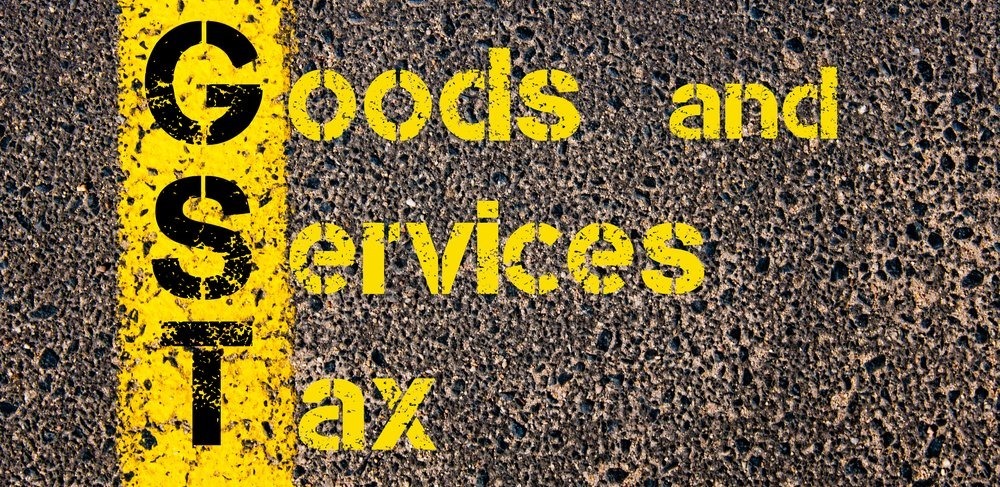Ecommerce Firms Want GST Exemption; Govt Panel Reminds Them Of Billion Dollar Valuation & Sales

As of now, 14 states have ratified and approved GST Bill, which means that we are only two states short of the magical figure of 16 states with approval, which will make GST as the pan-India rule.
As GST is becoming closer to reality, ecommerce firms are getting desperate to get relief from the inevitable. Yesterday, during a meeting with Empowered Committee of State Finance Ministers, ecommerce firms such as Amazon, Flipkart and Snapdeal pleaded to get exempted from the GST Bill, so that they are liable to pay the uniform tax.
However, the Govt. panel reminded them about the billion dollar valuations and millions of dollars of sales (and subsequent profits); which means that ecommerce firms won’t get the relief they are seeking.
The Logic of Ecommerce Firms
Representatives from the biggest ecommerce firms pleaded with the Govt. panel that they only provide a platform for connecting the vendors and the sellers, and therefore, they are not liable for Goods and Services tax applied on them.
They argued that they don’t make money from the transactions.
In fact, as per the logic presented by the ecommerce firms, they are only ‘service providers’ of technological services, hence, liable to only pay tax on the service income.
Transferring the liability of GST to the vendors, the ecommerce firms stated that since the vendors are actually selling their products, the GST should only be applied on them.
Govt. Panel Mentions Billions of Dollars of Valuation
However, the Govt. panel seemed reluctant to pay any heed to this logic of being service providers.
Panel chairman Amit Mitra, who is also West Bengal Finance Minister, mentioned about the billion dollar valuations of these ecommerce firms and also reminded them about the millions of dollars of revenue figures showcased by them for getting VC funds.
In their argument, the ecommerce firms states that they generate income only from advertisements, and hence, they are ready to pay service tax on that money.
However, the panel headed by Amit Mitra concluded that although the ecommerce sector is generating lots of jobs and creating a new market via stiff competition, they are also making millions in profits and end up paying no tax at all.
He clearly said, “E-commerce brings in competition, but you are also adding some value. Else how are your companies generating so much valuation..”
As per the panel, the end consumer who is buying ecommerce products end up paying VAT; the producers of the goods pay excise duty; but the ecommerce firms deny paying tax claiming that the transaction is ‘just a pass through’.
Although GST Bill will abolish variety of taxes such as VAT, excise duty, service tax etc; it will impose a uniform tax of around 18-24% on all online purchases, that too at the first point of transaction.
This will force the ecommerce portals to charge more for the products or to increase service commission from the sellers – both of which would mean lower revenues for them.
Companies all over the country has requested the Govt. to cap the uniform GST rate at 18%; and on the other hand, Govt. has asked all companies and businesses to pass on the benefits of lower tax rate to the end users.
Stuck in between are ecommerce portals, whose business model is still new and disruptive for the Govt. to understand and comprehend.
We will keep you updated as more details come in..
Related:
